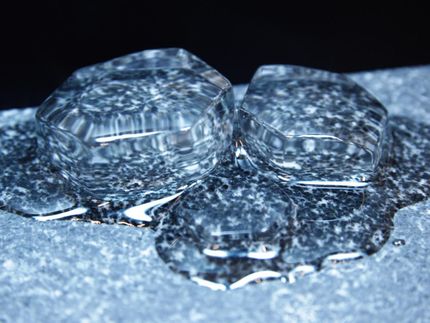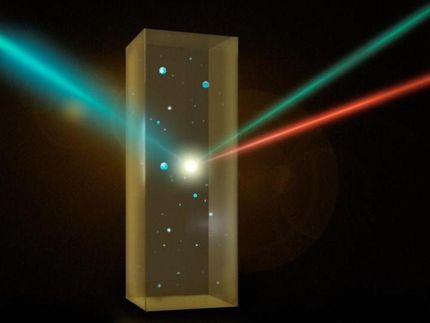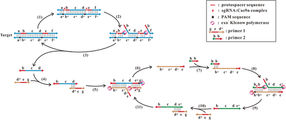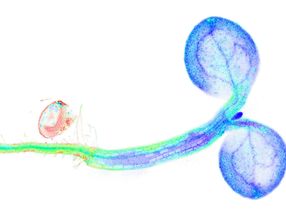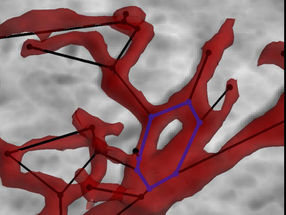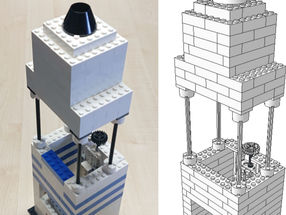Natvar to launch breakthrough BioPath PVC-free medical tubing
Natvar, the Clayton, North Carolina-based global manufacturer of medical tubing, has developed BioPath, a multilayered flexible tubing designed to offer the medical industry a high-performance alternative to existing PVC and polyurethane products. BioPath tubing is coextruded using polyurethane and Eastman Chemical Company's Ecdel® elastomer. Natvar intends to launch its new product at the Medical Design and Manufacturing Show in February, 2002.
BioPath was specifically formulated to address the problems and limitations associated with existing medical grade PU tubing. "Many of our customers within the United States and overseas are looking to switch to non-PVC products to eliminate health and disposal concerns, but up to this point, there have been performance and processing issues associated with non-PVC alternatives. The goal in the industry has been to do away with PVC and plasticizers, but the right product just wasn't there," said Bob Donohue, engineering manager for Natvar.
According to Donohue, Natvar developed BioPath tubing over a four- year period. The patent-pending tubing is coextruded using an inner layer of polyurethane and a thin external layer of Ecdel® elastomer, a tough, chemically inert and exceptionally clear polymer with elastomeric-like properties. Because of the protective external layer, the tubing is solvent bondable and tough enough to stand up to ETO and gamma sterilization.
The Eastman material confers other benefits. BioPath will not yellow, haze or discolor as does polyurethane tubing. It also imparts strength and durability and eliminates processing and curing problems. Line speeds are faster with resulting cost savings. Also unlike PVC products, tubing made using Ecdel®elastomers contains no migratory plasticizer and can be readily disposed of in landfill or through incineration with no hazardous by-products. When burned, it releases carbon dioxide and water.
Innovation and economy go hand in hand. "By using a thin external layer of Ecdel® elastomer, we were able to produce a non-PVC tubing that is water-clear, dimensionally stable, solvent-bondable and sterilizable. We have a superior product that combines the best characteristics of existing choices, and we are able to offer it to our customers at comparable cost," said Libby Pope, sales manager, Natvar.
BioPath tubing can be extruded in virtually any size and can be customized to meet customers' specifications and needs. The internal diameter can range from 0.01 inch to 0.25 inch with varying wall thicknesses, depending on the degree of stiffness desired.
"In applications such as this, Ecdel® elastomer is a component that contributes key physical attributes. While somewhat higher in cost than alternative materials, the cost/performance ratio is extremely favorable. For industries with health and disposal concerns, it is a good alternative and we foresee continued growth in market share," said Doris Hobbs, business manager for Eastman Specialty Plastics.
Whether injection molded, blow molded or extruded, Ecdel® elastomer combines the chemical resistance, toughness, autoclavability and inertness of polyesters with flexibility over a broad temperature range. It is ideal for use in applications such as flexible medical and pharmaceutical packaging, mono-layered and multi-layered films, sheet and tubing where clarity, low extractables, flex-crack resistance and utility in harsh environments are required.
